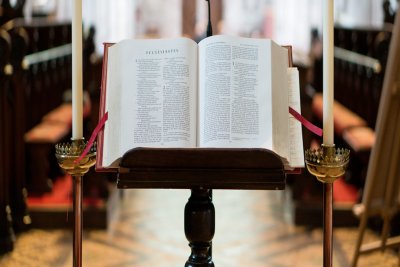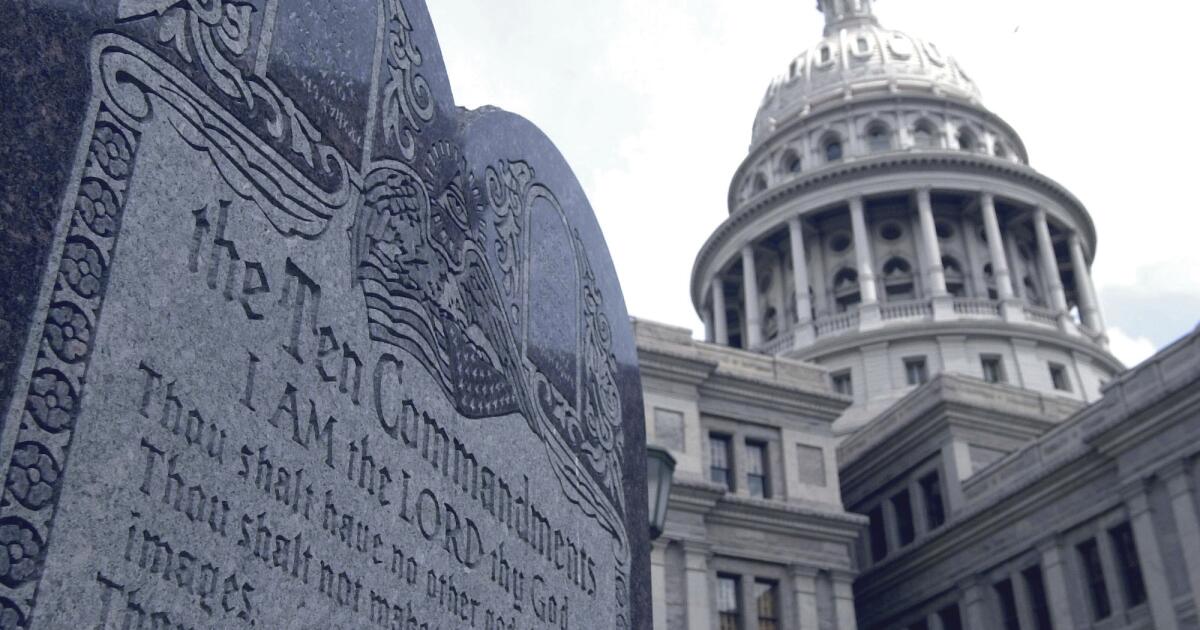DOJ sues Wash. over law mandating priests to report child abuse

June 23 (UPI) — The Trump administration filed a lawsuit Monday in support of a challenge to a new Washington State law mandating clergy to report child abuse, describing the rule as “anti-Catholic” and a violation of the Constitution.
Washington Gov. Bob Ferguson, a Catholic, signed Senate Bill 5375 into law early last month. The new law, which goes into effect July 27, adds clergy members — including priests, ministers, rabbi and imam, among others — to the list of people required to report child abuse or neglect to the state or law enforcement under threat of being charged with a gross misdemeanor offense.
The law has received pushback from local Catholics, who have characterized it as forcing them to break the sacred seal of confession in order to avoid prison.
In the Justice Department’s lawsuit, federal prosecutors argue the new law puts Catholic priests at odds with the core tenets and beliefs of their religion and violates their First Amendment right to the freedom of religion “by forcing them to violate the sanctity and confidentiality of confessional communications.
“No other mandatory reporter is required to forego his or her fundamental rights under the Constitution in this manner,” the lawsuit states, while adding that the law will have a “chilling effect” on thousands of Catholic priests and parishioners who may be uncertain about whether adhering to the sacrament of penance will open them to criminal penalties, child welfare investigations, civil liability or excommunication.
“Laws that explicitly target religious practices such as the Sacrament of Confession in the Catholic Church have no place in our society,” Assistant Attorney General Harmeet Dhillon of the Justice Department’s Civil Rights division said in a statement.
“Senate Bill 5375 unconstitutionally forces Catholic priests in Washington to choose between their obligations to the Catholic Church and their penitents or face criminal consequences, while treating the priest-penitent privilege differently than other well-settled privileges.”
The lawsuit is an intervention in a complaint filed early this month by Washington State Catholic bishops, who argue it discriminates against them as attorneys are exempt from inclusion as mandatory reporters.
“Washington State has no business intruding into the confessional — particularly when they give a free pass to lawyers who have legally protected confidential relationships with clients,” Mark Rienzi, president and CEO of Becket, a non-profit public interest religious liberty group that is representing the bishops, said in a statement.
“Punishing priests for following the Catholic Church’s millennia-old faith traditions isn’t just wrong, it’s unconstitutional.”
The governor told KUOW in a statement that he wasn’t surprised by the Department of Justice’s intervention.
“It’s disappointing, but not surprising, to see the DOJ seek to shield and protect child abusers.”
